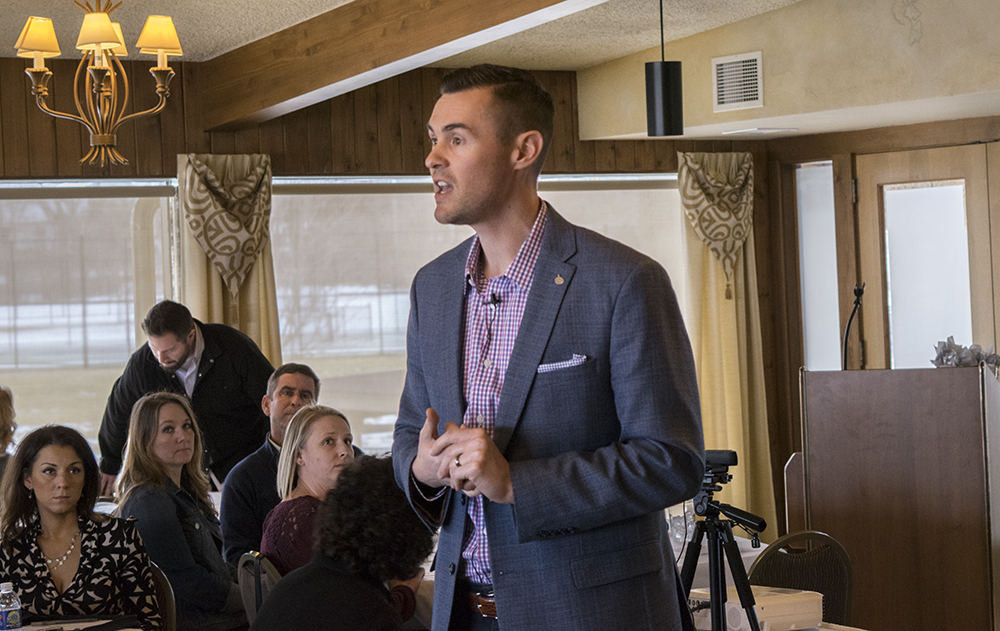
In a world where leadership styles are continually evolving, one element remains timeless and indispensable: empathy.
In this episode with Dr. Judith Orloff, we delve deep into the transformative power of empathetic leadership.
Our special guest, Dr. Judith Orloff, author of “The Genius of Empathy,” brings a wealth of knowledge and practical advice on how empathy can be a game-changer in leadership.
Empathy is often misconstrued as a soft skill, but Dr. Orloff redefines it as a crucial business skill that can dramatically improve team dynamics and overall success.
In the episode, she introduces the “namaste effect,” a concept that emphasizes respecting others’ spirits despite personal differences.
This respectful approach can revolutionize business relationships, making them more effective and harmonious.
[embedyt] https://www.youtube.com/watch?v=wbw_GssPeKQ[/embedyt]Dr. Orloff underscores the essence of empathy, which involves putting oneself in another’s shoes and practicing self-empathy.
This episode is a goldmine for leaders who are keen on cultivating a more empathetic leadership style without compromising on strength or productivity.
WATCH NEXT: Cultivating Joy in Everyday Life
One of the standout segments of the episode is the discussion on balancing empathy with strength in leadership. Dr. Orloff explores how leaders can maintain firm boundaries while fostering an environment of mutual respect and clear communication.
Living with a “one day to live” attitude can inspire leaders to prioritize empathy, creating a balanced approach that doesn’t sacrifice productivity.
Common concerns, such as the fear of being perceived as too lenient or being taken advantage of, especially by younger team members, are addressed head-on.
Dr. Orloff provides strategies to manage these dynamics effectively, highlighting the importance of clear communication and direct feedback.
WATCH NEXT: Unlocking Your Full Potential with Positive Action
Empathy and setting boundaries are not mutually exclusive; in fact, they help create a cohesive and trusting team culture.
Dr. Orloff emphasizes that setting limits is not a sign of weakness but a necessary component of strong leadership.
Leaders can prevent misunderstandings and reduce conflicts by addressing potential overwork and fostering clear, transparent boundaries.
For leaders who struggle with empathy, Dr. Orloff offers actionable techniques to shift towards a more empathetic leadership style.
These strategies, from mental preparation before meetings to using affirming language, can help leaders become more self-aware and empathetic.
Practical tips like slowing down, centering oneself, and setting intentions before interactions are highlighted as effective ways to foster a supportive and empathetic environment.
Empathy is a feel-good concept and a transformative tool that can revolutionize leadership and team dynamics.
Dr. Judith Orloff’s insights offer a compelling case for integrating empathy into leadership practices.
Leaders can create a more cohesive, trusting, and productive work environment by balancing empathy with strength and setting clear boundaries.
The is the Way.
Hanley



© Copyright 2025 Finding Peak LCC
All rights reserved.